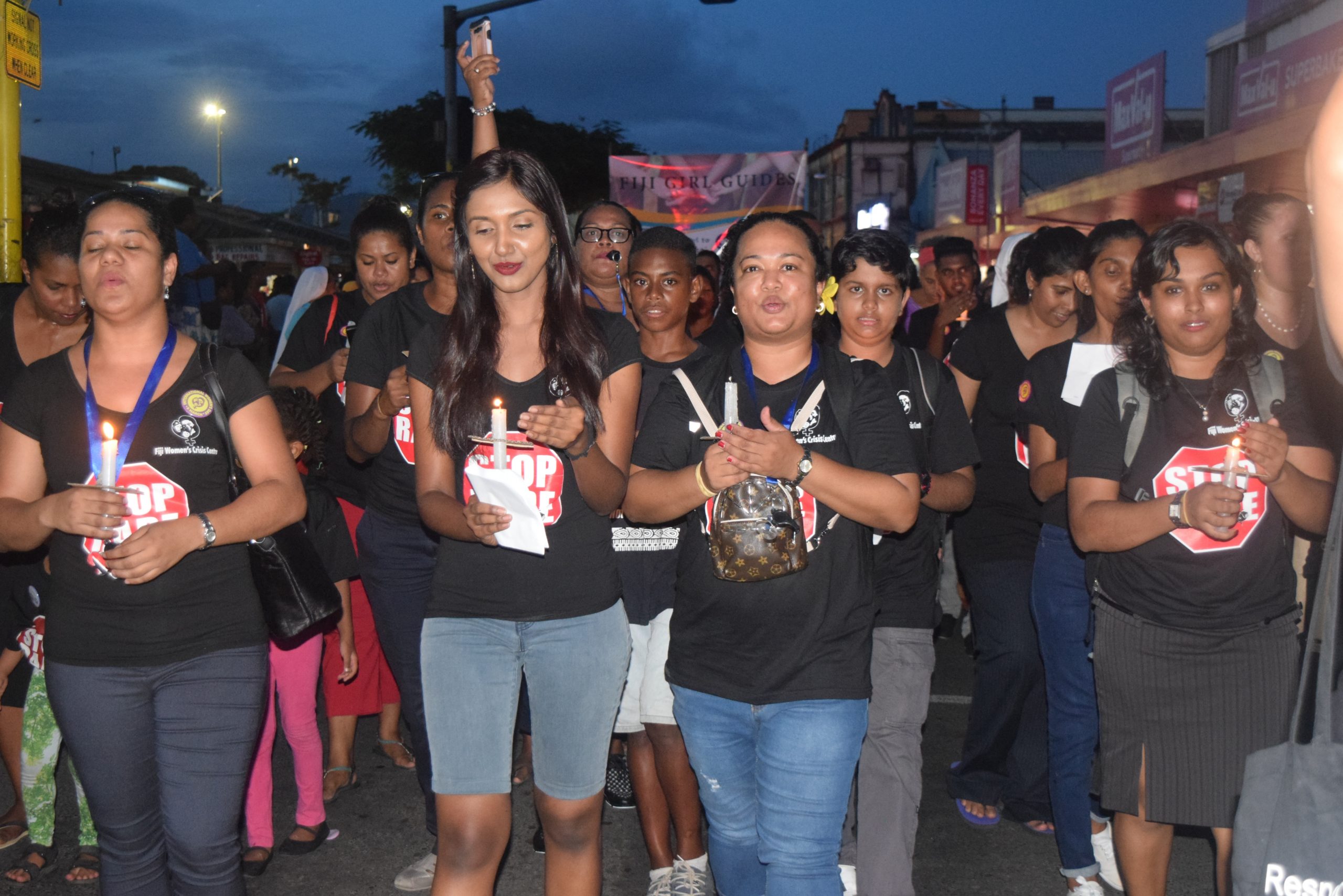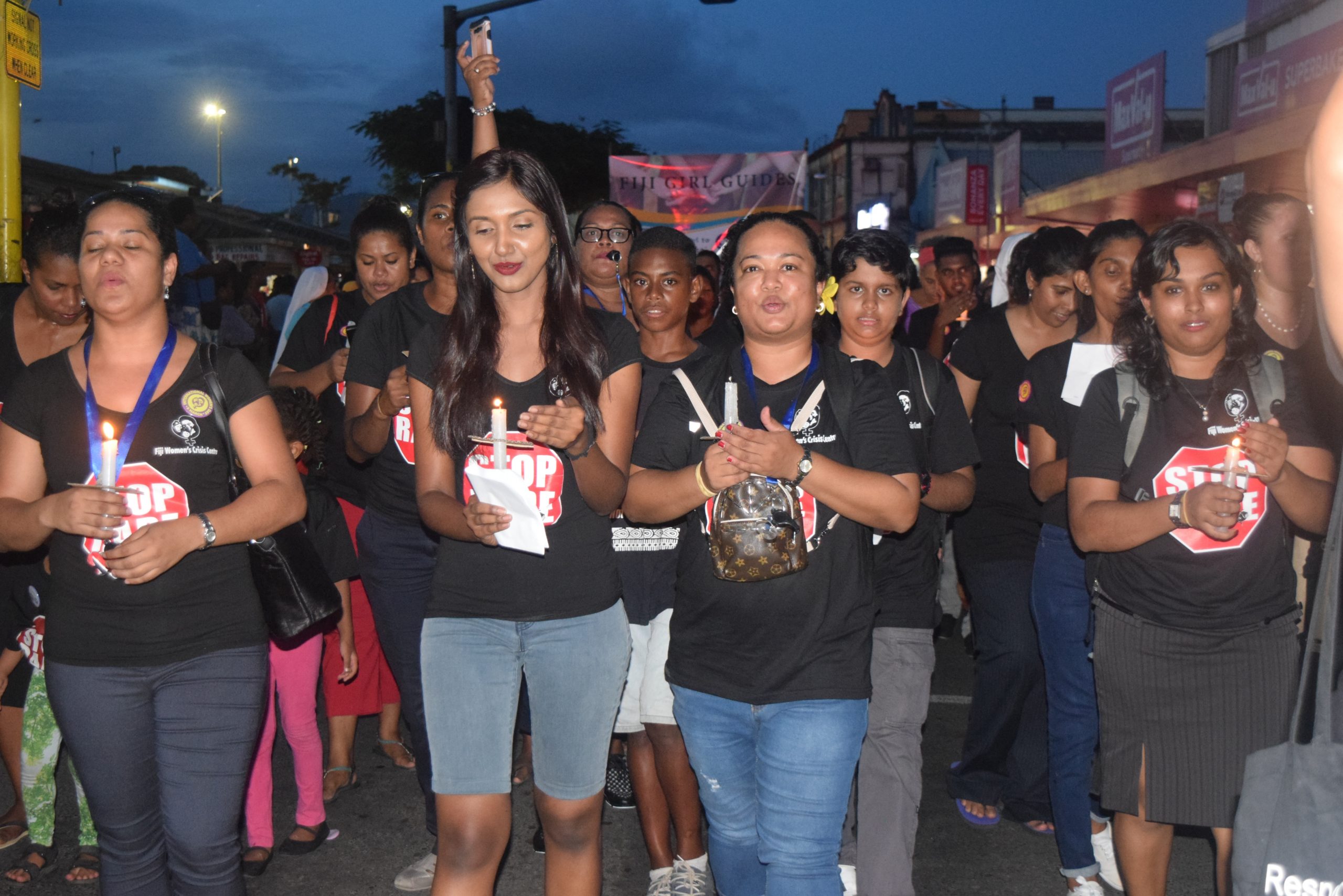By NANISE VOLAU
FIJI’S rate of violence against women and girls are among the highest in the world.
According to Fiji Women’s Crisis Centre, Coordinator Shamima Ali, Fiji is not a good place for women because 64 per cent of those who had been in an intimate relationship had experienced physical and/or sexual violence by a husband or partner.
Ali said Fiji’s violence rate against women and girls is one of the highest in the world, followed by Solomon Islands, Vanuatu and Kiribati.
She said the FWCC did a study on the violence against women and girls in 25 countries and territories in the Pacific and she believes the reasons for the high rating was because of the patriarchal society that is common in the islands, which was powered by culture, tradition and religion.
“A lot of input, a lot of work needs to be done,” Ali told Islands Business.
“Our challenge is the patriarchal society with perceived cultural norms.”
She said more people are coming to the table including faith-based organisations, non-government agencies to help stop violence against women.
This was evident last night when 500 people took to the streets of Suva to add their voice to end the violence.
A lot of men with their families participated at the annual ”Reclaim the Night” march along the capital city last night.
The spiritual head of Catholic Church in Fiji Archbishop Peter Loy Chong joined the marchers in his crusade to show support for the victims of abuse and make a public stand against violence, rape and other crimes against women.

